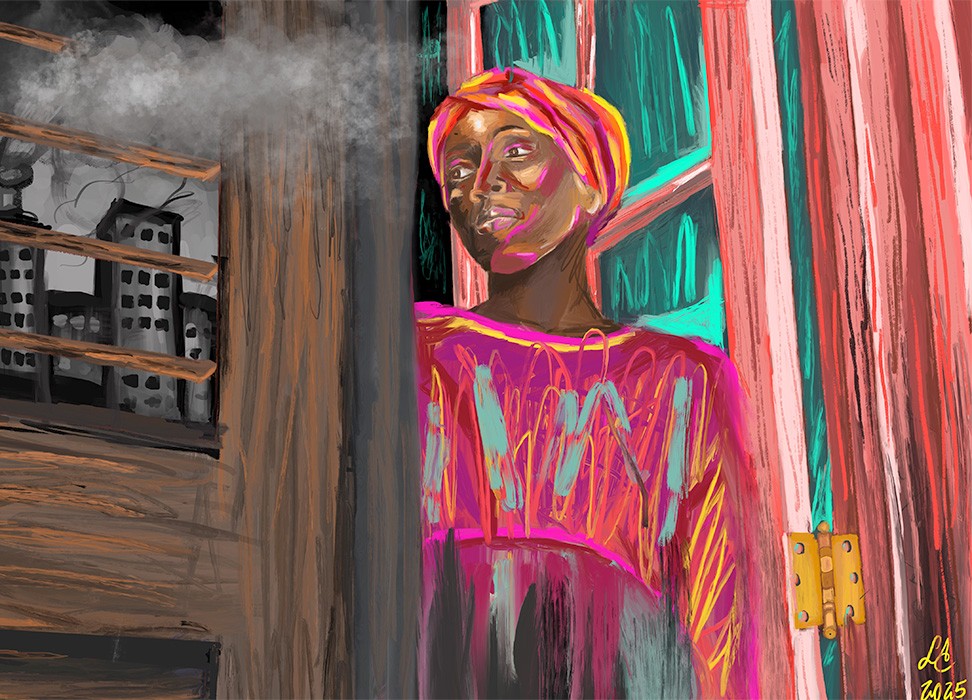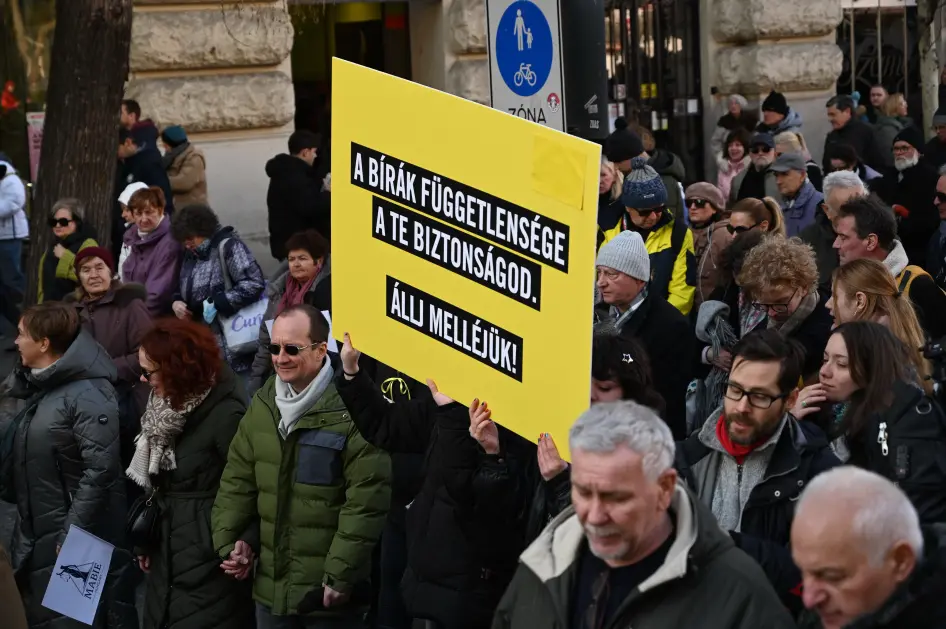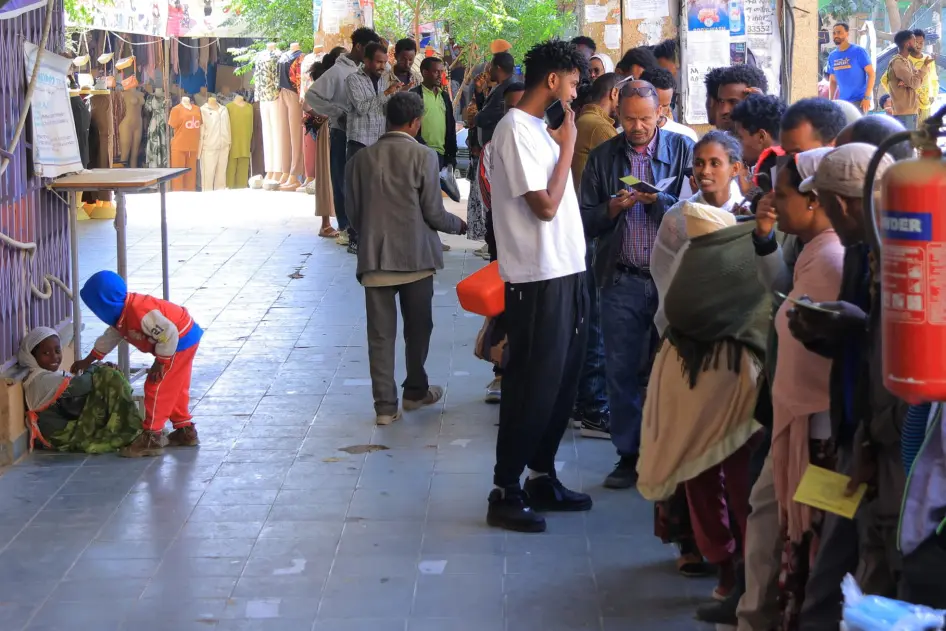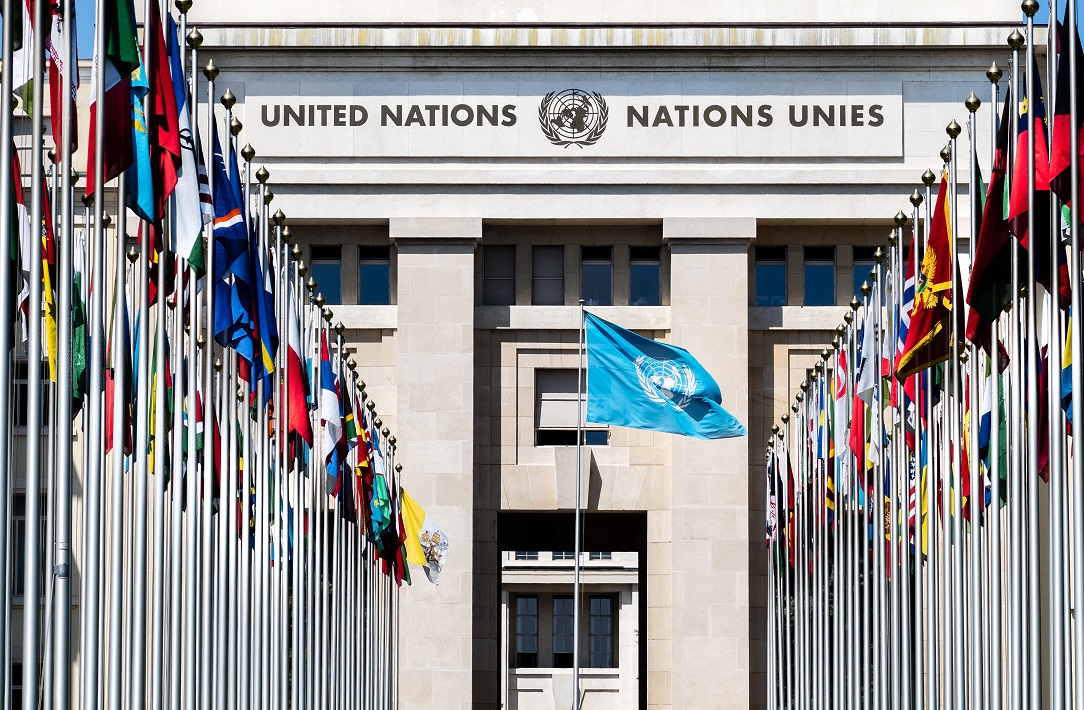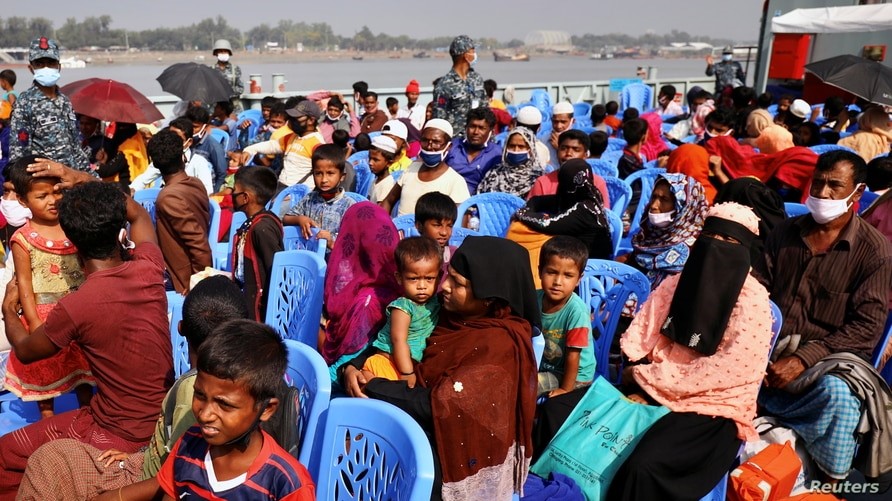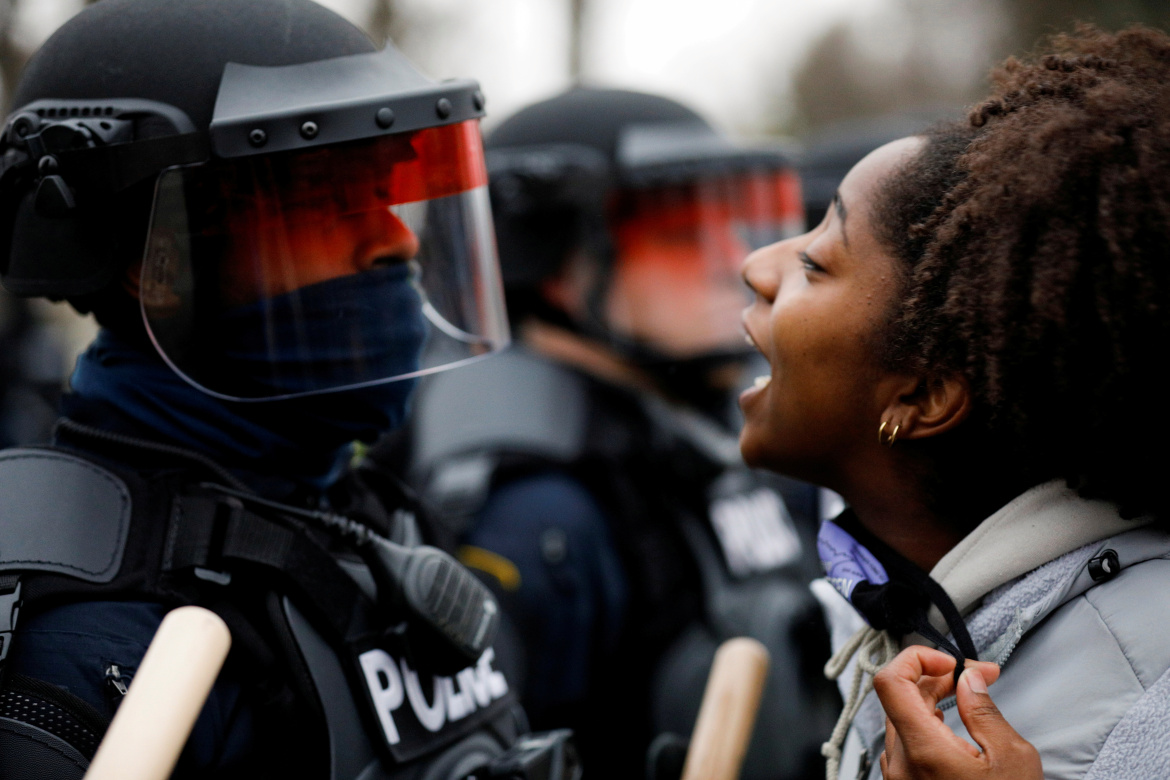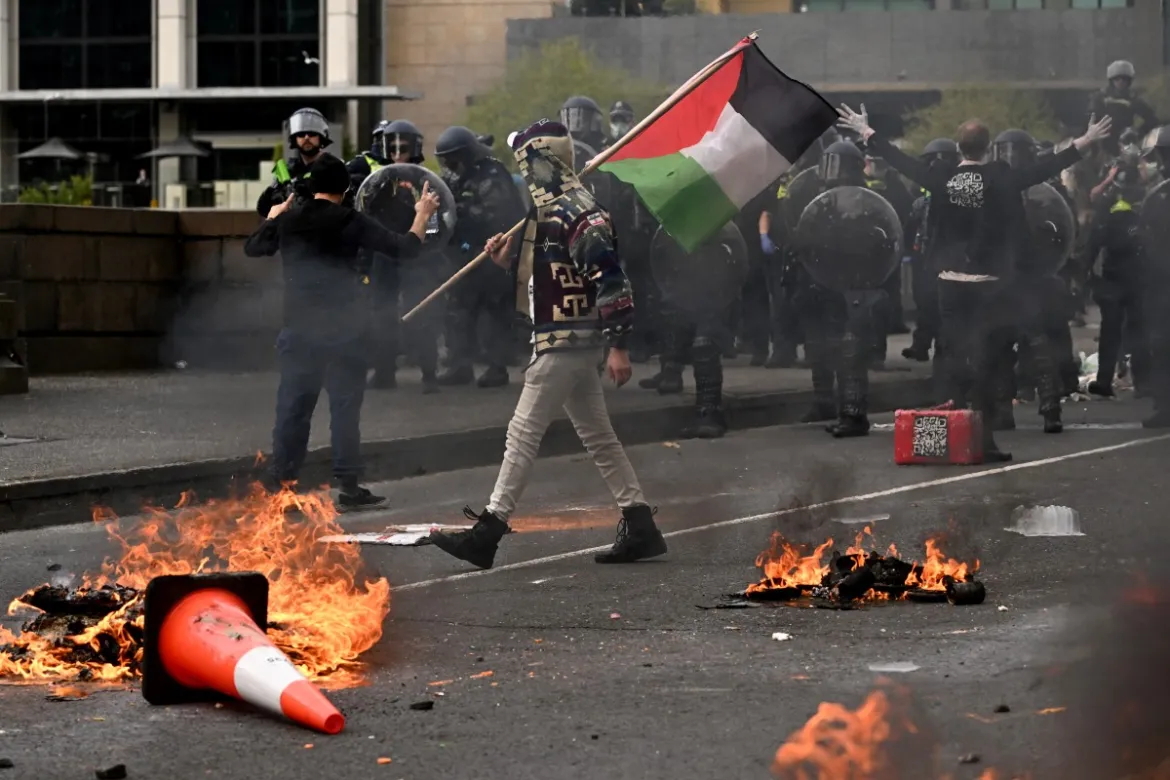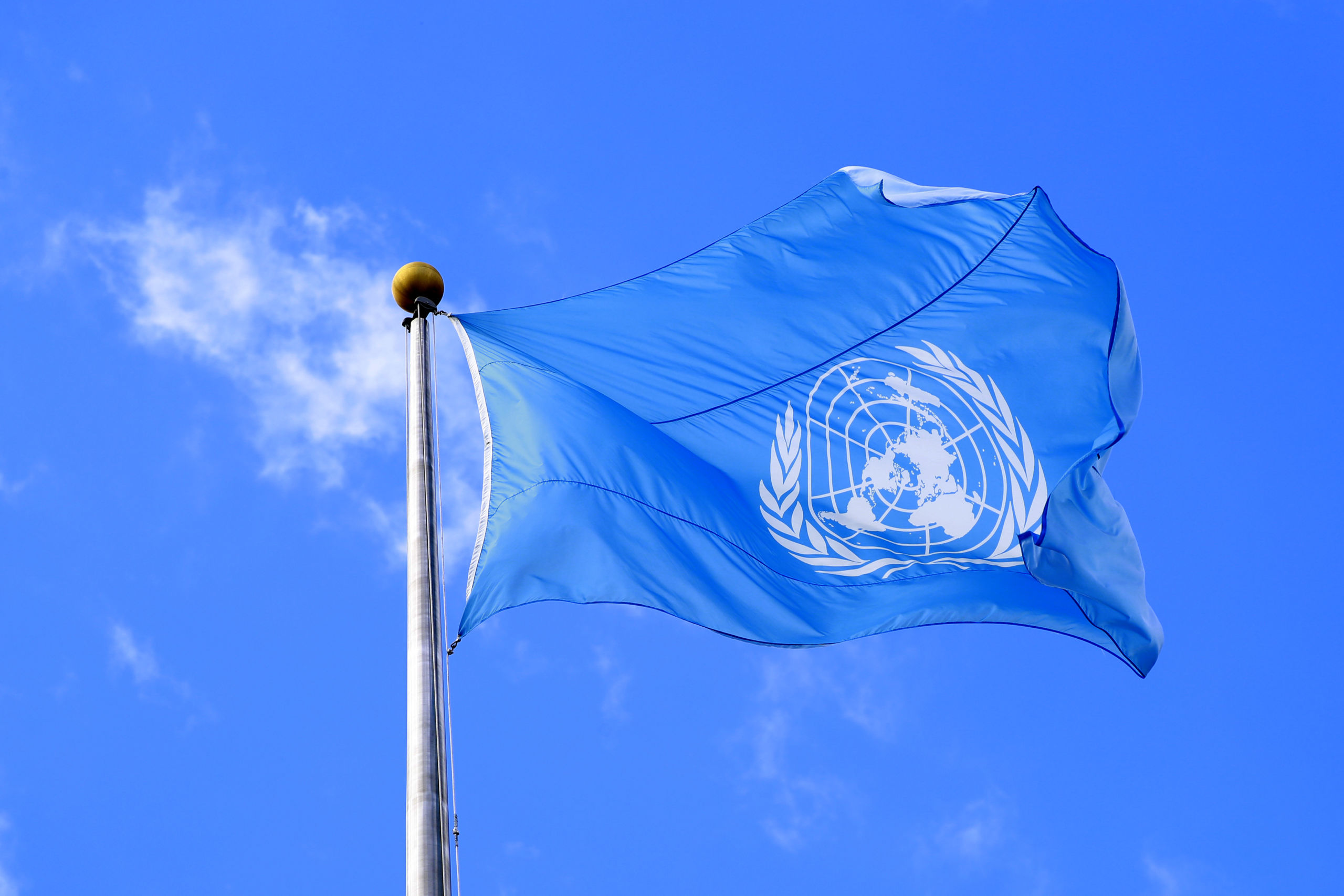The Courts Without Power in a State Without Law
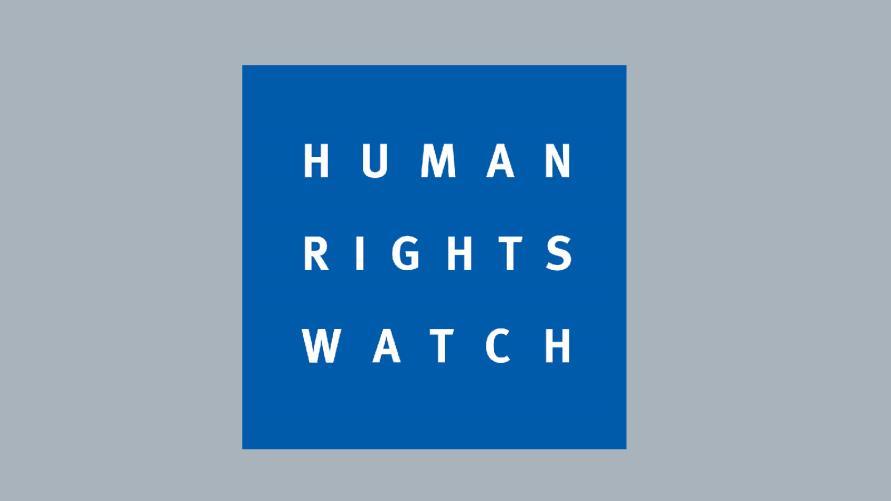
Despite a mandate from the United Nations Security Council in 2011, the International Criminal Court has seen little cooperation from Libyan authorities/HRW
Libya’s justice system lies in ruins. Beset by division, crippled by outdated laws, and haunted by impunity, the country’s judiciary is neither willing nor able to confront the scale of violations taking place under its watch. A new report from Human Rights Watch offers a grim portrait of a system designed more to perpetuate repression than to deliver justice.
The legal architecture, largely inherited from the Gaddafi era, retains draconian measures like the death penalty and corporal punishment, while new legislation introduced after 2011 has often only reinforced repression under the guise of reform. Military courts continue to try civilians, while civilians themselves are routinely denied basic legal safeguards. Defendants are frequently denied access to counsel, hearings occur without notice, and remote trials conducted via video links now further erode the right to a fair trial.
Most disturbing is the state’s utter failure to address arbitrary detention. Armed groups and quasi-official forces control a network of detention facilities where torture, ill-treatment, and overcrowding are not aberrations but common practice. These forces frequently ignore court orders, contributing to a climate where impunity reigns supreme.
Attempts to bring international accountability have likewise faltered. Despite a mandate from the United Nations Security Council in 2011, the International Criminal Court has seen little cooperation from Libyan authorities. Of the eight individuals currently subject to ICC arrest warrants, none have been apprehended. Notable fugitives, such as Saif al-Islam Gaddafi, remain at large. Although the government has formally accepted ICC jurisdiction through 2027, concrete collaboration remains limited.
The domestic judiciary, meanwhile, is deeply fractured. Rival administrations in Tripoli and Benghazi operate parallel judicial structures, with the emergence of a competing Supreme Constitutional Court threatening further legal chaos. Key institutions—the Ministry of Justice, the Supreme Judicial Council, the Supreme Court, and the Prosecutor General’s Office—are entangled in power struggles, unable to present a united front.
The human cost is rising. A surge in violence in May 2025 between militia factions in Tripoli left civilians dead, homes destroyed, and, chillingly, exposed a previously unknown mass grave containing at least nine bodies. In the aftermath, 53 unidentified corpses were discovered in a hospital morgue. Such events underline the urgency of justice sector reform. But with judicial staff operating under threats and without protection, the system offers neither accountability nor deterrence.
Human Rights Watch insists that reform is still possible—but only with genuine political will. Repressive legislation must be repealed. Fair trial standards must be enforced. Detention facilities must come under full civilian control. Civilians must never be subject to military courts. And legal professionals must be able to carry out their work without fear for their safety.
International standards are unambiguous: everyone is entitled to a fair and public hearing, legal counsel, and access to appeal. Civilians may not be tried by military tribunals. Arbitrary detention is a fundamental violation. Libya, despite its internal divisions and prolonged instability, is no exception.
The international community, particularly the ICC and the United Nations, can and should continue to engage—but responsibility ultimately lies with Libyan authorities. The law must no longer be a tool of repression. It must become, once more, a shield for the vulnerable and a weapon against impunity.
HRW


